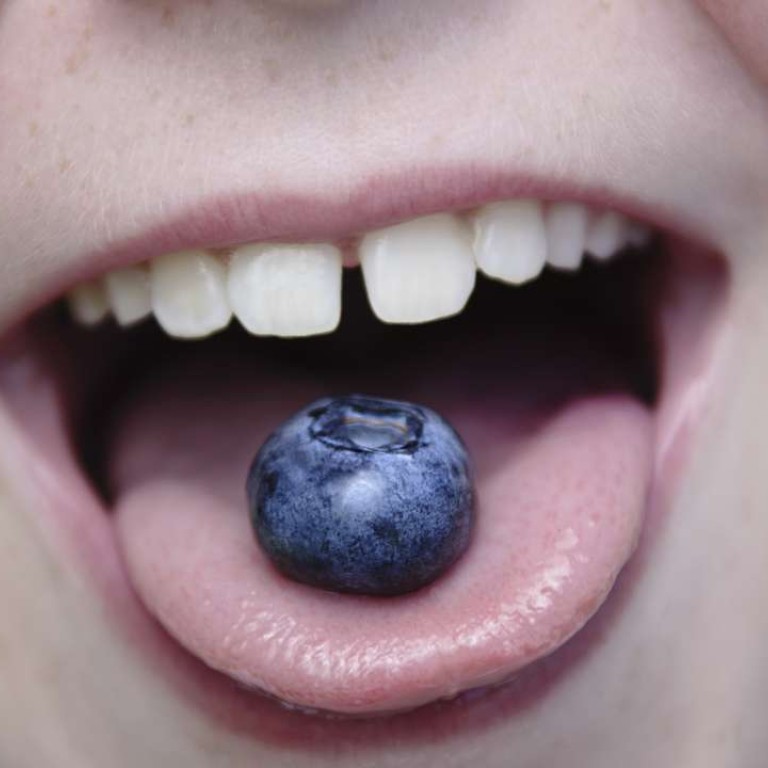
5 reasons why you'll want to eat blueberries
The berries have long been thought to boost health. Now scientists have nailed down some of their benefits
It’s well-known as a “superfruit” for its health-boosting and disease-fighting powers – and blueberries could also be a weapon in the fight against Alzheimer’s disease, a new study has found. Here are five reasons why you should add the fruit to your diet.

The latest study on blueberries suggests that they could help prevent the devastating effects of Alzheimer’s, an increasingly common form of dementia. The fruit’s beneficial effects on memory and cognition could be due to flavonoids called anthocyanins, say the researchers from the University of Cincinnati Academic Health Centre.
They conducted two human studies in elderly people, to follow up on earlier trials in animals. One study involved 47 adults aged 68 and older who had mild cognitive impairment, a risk condition for Alzheimer’s disease. The researchers gave them either freeze-dried blueberry powder, which is equivalent to a cup of berries, or a placebo powder once a day for 16 weeks.
There was improvement in cognitive performance and brain function in those who had blueberry powder compared with those who took the placebo. Scans also showed increased brain activity in those who had blueberry powder.

Daily consumption of one cup of blueberries for eight weeks resulted in significant reductions of both systolic and diastolic blood pressure in postmenopausal women with pre- and stage 1 hypertension, according to a 2015 study in the Journal of the Academy of Nutrition and Dietetics. The researchers from Florida State University say the berries improved blood pressure and arterial stiffness potentially through enhanced nitric oxide-mediated blood vessel dilation, which leads to lower blood pressure.

Blueberries and other flavonoid-rich foods such as citrus fruits and red wine are associated with a reduced risk of erectile dysfunction, according to a recent study from scientists at the University of East Anglia and Harvard University. Men who consumed just a few portions of flavonoid-rich food a week were 10 per cent less likely to suffer erectile dysfunction.
4. Reduced risk of Parkinson’s
Men who eat blueberries and other flavonoid-rich foods significantly reduce their risk of developing Parkinson’s disease, according to research published in 2012 in Neurology. Around 130,000 men and women took part in the research. More than 800 had developed Parkinson’s disease within 20 years of follow-up. After a detailed analysis of their diets and adjusting for age and lifestyle, male participants who ate the most flavonoids were shown to be 40 per cent less likely to develop the disease than those who ate the least. No similar link was found for total flavonoid intake in women.

Polyphenols, the compounds that give blueberries their blue, purple and red coloration, might aid in building strong bones, according to A study involving lab rats published in the Journal of Bone and Mineral Research in 2010. Rats fed rations that contained 10 per cent freeze-dried blueberry powder had significantly more bone mass than their counterparts whose rations were blueberry-free.
When the researchers exposed laboratory cultures of bone-forming cells (osteoblasts) to blood (serum) from the animals, the scientists found that serum from the blueberry-fed rats was associated with an increase in development of osteoblasts into mature, functional bone cells. Serum in the blueberry-fed rats was high in phenolic acids, derived from the polyphenols, suggesting the phenolic acids may have had bone-building effects in the rats.

